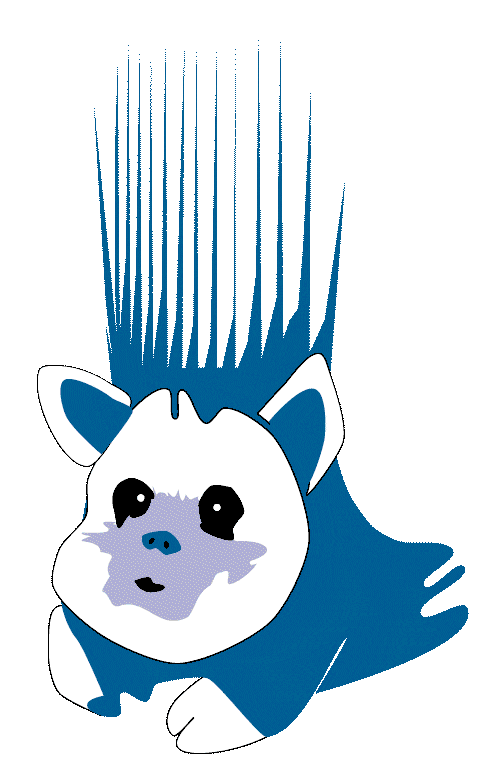SNUFA 2024

Brief summary. This online workshop brings together researchers in the fields of computational neuroscience, machine learning, and neuromorphic engineering to present their work and discuss ways of translating these findings into a better understanding of neural circuits. Topics include artificial and biologically plausible learning algorithms and the dissection of trained spiking circuits toward understanding neural processing. We have a manageable number of talks with ample time for discussions.
Executive committee. Melika Payvand, Laurent Perrinet, Dan Goodman, and Friedemann Zenke.
Quick links. Watch recordings on YouTube
Key information
Workshop. 5-6 November 2024, European afternoons (online).
Abstract submission is now closed. Deadline was 27 September 2024.
Registration. Registration is now closed.
Invited speakers.
- Chiara Bartolozzi (IIT Genova),
- David Kappel (University of Bochum),
- Anna Levina (Uni Tübingen),
- Christian Machens (Champalimaud)
Agenda
Click here for all recorded videos.
Abstract submissions
Abstracts will be made publicly available at the end of the abstract submissions deadline for blinded public comments and ratings. We will select the most highly rated abstracts for contributed talks and flash talks, subject to maintaining a balance between the different fields of, broadly speaking, neuroscience, computer science and neuromorphic engineering. Abstracts not selected for a talk, and abstracts selected for a flash talk, will be presented as posters.
Abstract submission deadline. Closed.
Format
- Two half days
- 4 invited talks
- 7 contributed talks
- Flash talks by selected poster presenters
- Virtual poster session
SNUFA logo courtesy of Skala Art